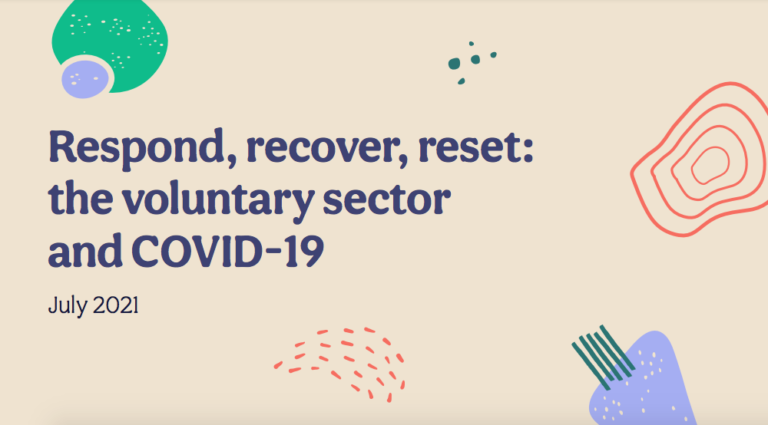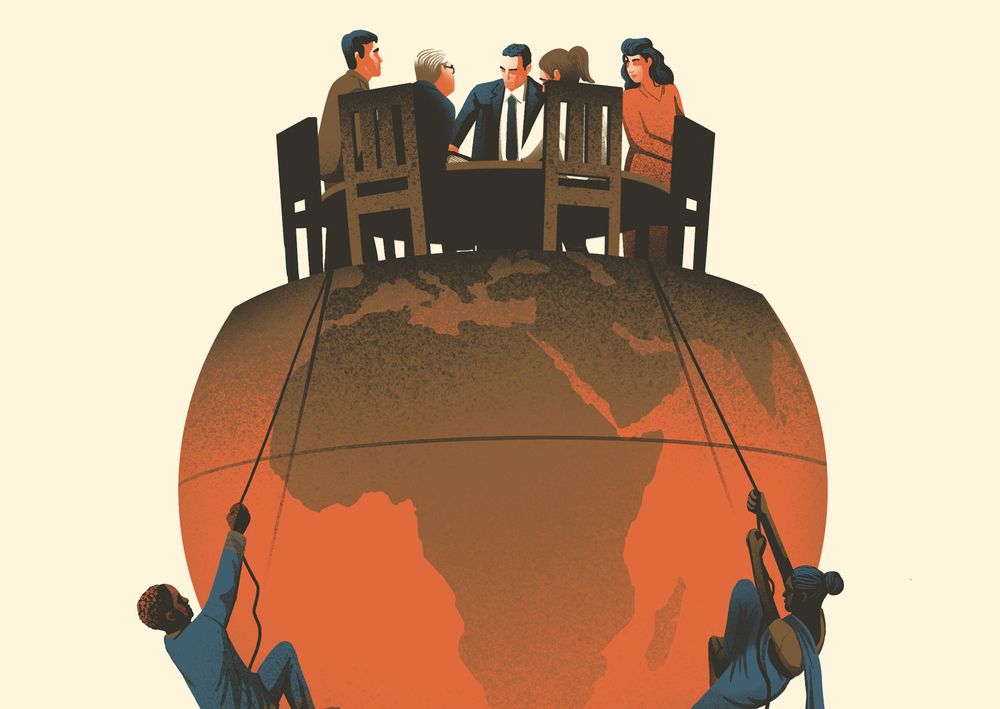Pandemic & resourcing issues proving barriers to addressing EDI

The majority of charities have plans to address EDI but the impact of the pandemic and lack of resources are hindering the increase of diversity, research indicates.
The latest research from the monthly Covid-19 Voluntary Sector Impact Barometer from the National Council for Voluntary Organisations (NCVO), Nottingham Trent University and Sheffield Hallam University reveals that 79% of charities and voluntary sector organisations have drawn up plans to address equality, diversity and inclusion (EDI) issues in their workplace, volunteers and services. 59% of these have revised their EDI approach since March 2020. The most reported changes have been staff training (16%), safeguarding (12%) and staff recruitment (13%).
However, implementing these plans and increasing diversity has remained a challenge, with the July data revealing the most reported barriers organisations are currently facing to be:
Advertisement
- Limited financial resources (20%)
- Staffing capacity (15%)
- Lack of human resources skills
- Knowledge and capacity (12%)
- Lack of equality, diversity and inclusion knowledge or skills (11%)
When asked about the impacts of the pandemic and lockdown restrictions on the diversity of their service users, 17% of the respondents reported experiencing a more diverse range of service users, 15% reported an increase in diversity of their volunteers, while only 9% reported an increase in the diversity of their workforce during the pandemic.
The data also reveals that charities with an annual income of less than £10,000 reported the lowest increase in diversity, with medium-sized organisations (with income between £100,000 to £1 million) reporting the highest increases in diversity among their workforce, volunteers, and service users.
Respondents to this month’s survey indicated a mixed financial picture again. Compared to the previous month:
- 28% of respondents said their finances deteriorated
- 27% saw their finances improved
- 45% reported their financial stability being the same
- 57% of respondents to the survey also said they had an increase in demand for services
- 29% reported demand for services stayed the same
- 9% reported a fall in demand.
Over the last month, the employment position in the sector is reported as relatively stable, with 47% reporting the same number of paid employees compared to previous months.
Daniel King, professor of organisational behaviour at Nottingham Trent University and project lead, said:
“The past year has seen a heightened awareness of issues of equality, diversity, and inclusion (EDI) within the voluntary, community and social enterprise sector. Campaigns around racial justice have collided with a pandemic that has amplified inequalities that already exist.
“Our report shows that many organisations have been searching for ways to respond to these circumstances, leading to many conversations about diversity and inclusion. Many interviewees said that Covid-19 gave opportunities reflect and challenge their assumptions, meaning they begun having difficult conversations within their organisations about some of the changes they need to make. However, many interviewees recognise there is a long way to go, there are structural and systematic forms of exclusion, from the way organisations are run through to funding. Our report highlights some of these and signposts ideas for future action.”
Anya Martin, research and insight manager at NCVO, said:
“As lockdown eases, it’s clear that the road to recovery will not be linear for many voluntary and charity organisations, and this has had an impact on the sector’s vital plans for EDI work. The report shows that smaller organisations in particular face challenges with limited funding and resources. However, some organisations have been able to revise their EDI plans during the pandemic.
“Despite the limitations of the funding and financial support available to charities throughout the pandemic, demand for services has remained at an upward trajectory. The rise in volunteers at the beginning of the pandemic also saw an increase in the diversity of volunteers working with some organisations. As we look to the future it is really important that charities are confident they are continuing to focus on EDI and adopting best practice both within their organisations, and in the services they deliver, to better reflect and support the communities and individuals they serve.”





